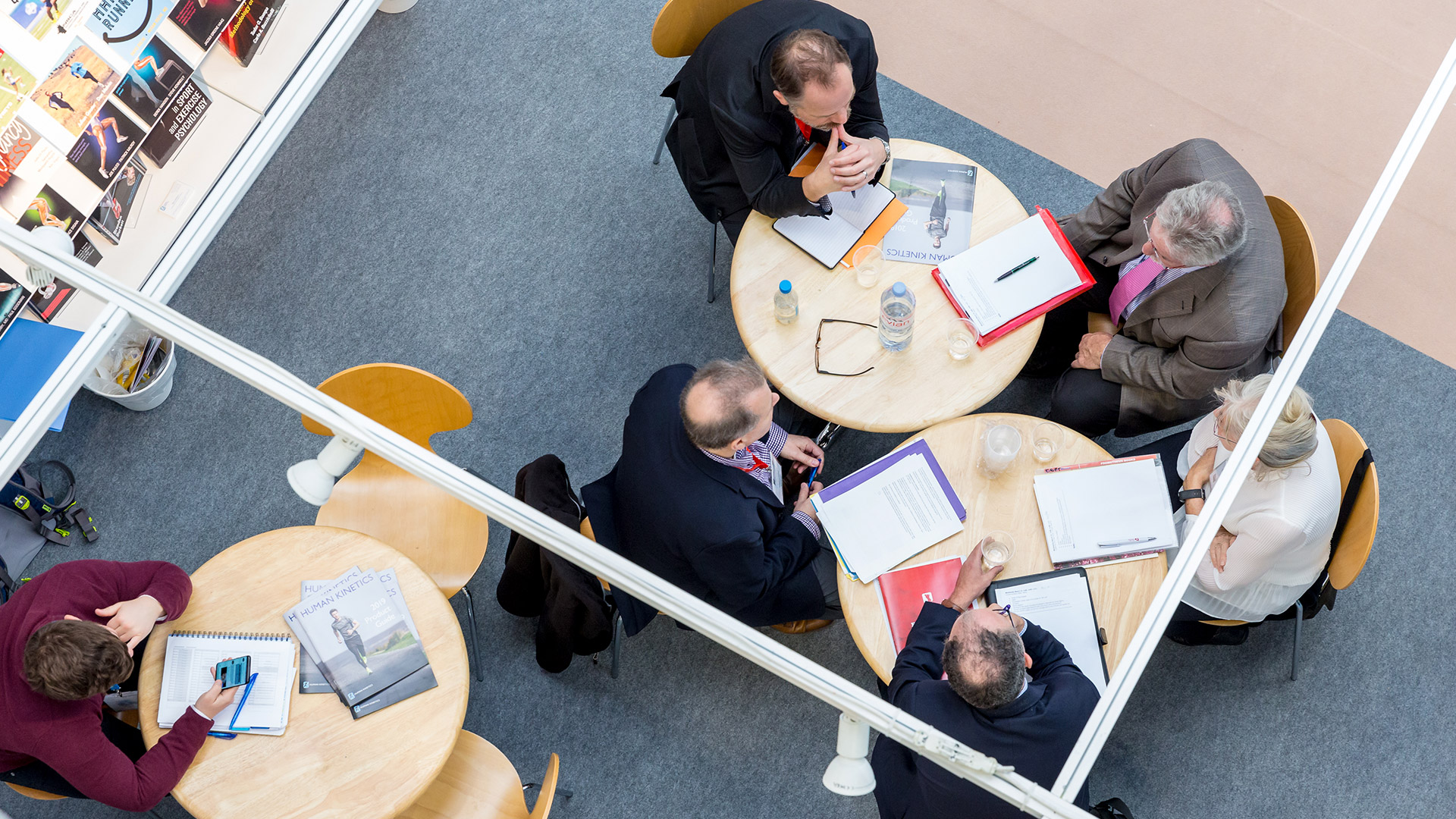You are viewing your 1 free article this month. Login to read more articles.
LBF's lessons

After a three-year absence the London Book Fair returned last week with an in-person event that delighted and alarmed in equal measure. The pleasure was in seeing so many people together again—some for the first time in years—and rekindling the warmth that so marks out this business; but this must be mediated by the worrying number of Covid cases reported since the show, which will have reinforced the hesitations of those, including many US publishers, who chose to stay away.
It was not quite a return to normal, but for many it felt pretty close. Hachette c.e.o. David Shelley told us that it “felt like a pretty upbeat fair”, while Bonnier Books UK c.e.o. Perminder Mann called the event “truly invigorating”. Jeremy Trevathan, m.d, Pan Macmillan Adult Division, said: “Our main takeaway was just how happy everyone was to be meeting again. Lots of people felt like the last two years hadn’t happened and that the fair, especially by Wednesday, felt as busy and buzzy as usual.”
There were a few notable differences. The venue Olympia is undergoing its own makeover and this meant the fair was crammed into a smaller space. The result was that some of the stands felt more compact, while areas such as the Rights Centre were more accessible (though for agents I can see why that felt at times like living in a goldfish bowl). The front of the show was dominated by the big groups, as it was in the before-times. I had felt that more, like Bonnier Books UK, might take a year off, or return with reduced acreage, but there was little of that. Size still matters. Whether Bonnier returns next year will be one of the more interesting questions for fair organiser Reed Exhibitions. My hunch is that it will.
The parties matter too. However, we should not to mischaracterise the fair as a purely social occasion. There is real business to be done. Of course, plenty of people had fun—not least those who attended HarperCollins’ lavish do at the National Gallery, the swish Bonnier and Picador parties, the YMU or Atlantic bashes, or the cosy and occasionally anarchic Canongate affair—but what really marks out this business is an ability to engage emotionally and practically, to wheel, deal and feel.
There are a few wrinkles—the post-show Covid cases, albeit anecdotal, demonstrate that we need to get better at managing the risk. We also need to expect better of colleagues—mask-wearing ought to be respected, greetings, while warm, can still be done modestly. These remain minor inconveniences in the grand scheme. Meanwhile, though sales here remain buoyant, they are not so in all markets, and in the US now appear to be on the turn. Escalating costs have an ability to derail matters even further.
That the trade has weathered a world without such large-scale get-togethers for so long does not mean it was ever really desirable. In that respect alone, the return of LBF, and Bologna before it, are not just welcome, but necessary. For so long the future of trade fairs has been up for debate: Covid has help settle the conversation.




















